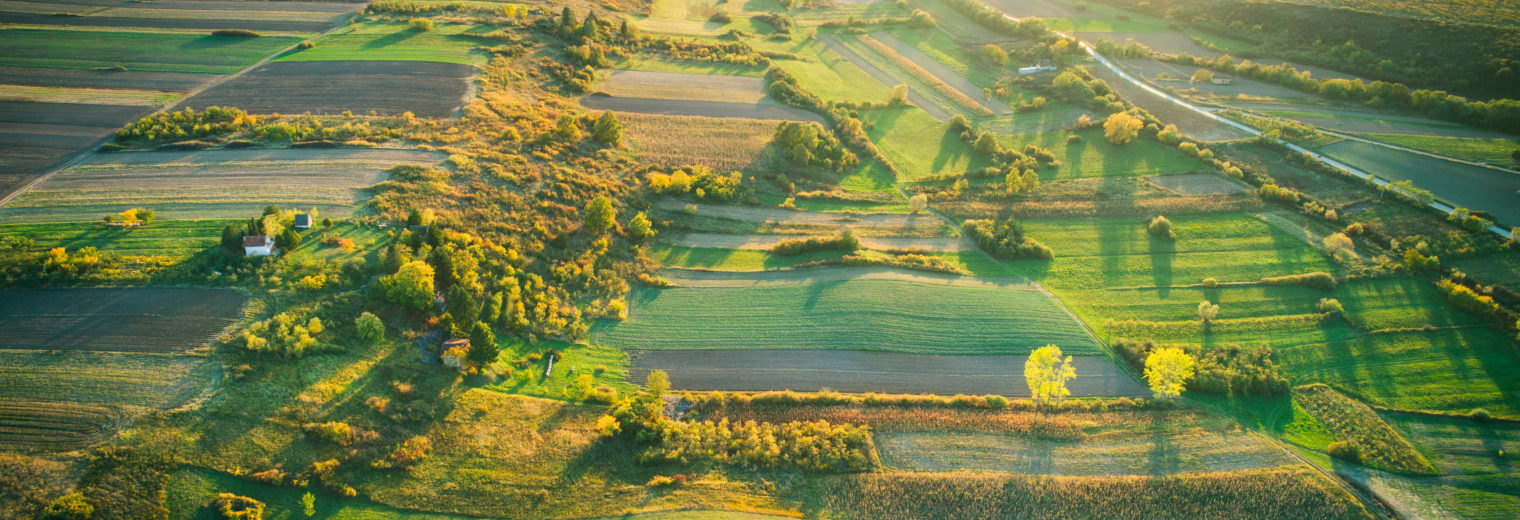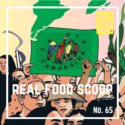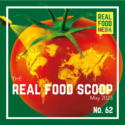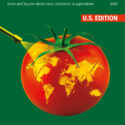We think farming is here to stay. And that’s a good thing.
By Tanya Kerssen
Journalist George Monbiot threw down the gauntlet in his recent Guardian oped, “Lab-grown food will soon destroy farming – and save the planet.” You read that right: enviros should celebrate the demise of farming and rise of food “neither from animals nor plants, but from unicellular life.” In this techno-utopia, “farmfree foods” will relieve the planet of soil eroding, water-guzzling, carbon-emitting agriculture.
Civil Eats contributing editor Twilight Greenaway penned this important intervention writing, “Agriculture isn’t something to dismiss; it’s one of the most important ways that humans interact with the natural world.” Indeed, the world’s more than 500 million sustainably-scaled farms produce more than just calories, they contribute to employment, culture, rural economic vitality, stewardship of forests and wildlife, carbon sequestration, water filtration, dietary diversity, preservation of seed genetic material, and the list goes on.

Monbiot “booed to the rafters” by farmers in the UK.
GM Watch also wrote this detailed response to Monbiot, concluding, “We all know what’s needed to start to mend the damage we’ve caused—and it cannot entail turning our backs on the land that feeds us.” Our own Anna Lappé gave Jeff Goldblum’s Jurassic Park character the last word in her piece about tech solutions to agricultural challenges: “Your scientists were so preoccupied with whether they could, they didn’t stop to think if they should.”
The big problem, though, is when lab-based food begins to dominate the narrative, suck up resources, and eclipse tried-and-true solutions. We should be looking to the world’s best agricultural problem-solvers who are already modeling climate-resilient food production: mainly, Indigenous people, women, and people of color. While their daily practice may not make for such grabby headlines, substance, not flash, is the stuff food sovereignty is made of.




